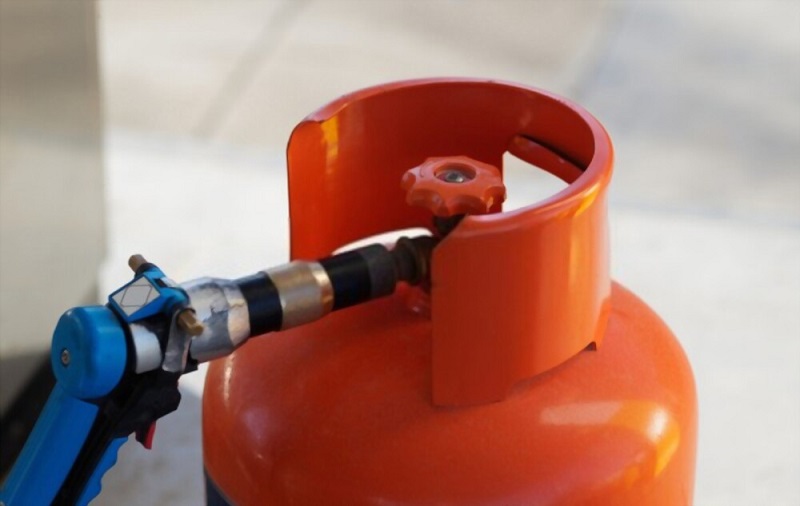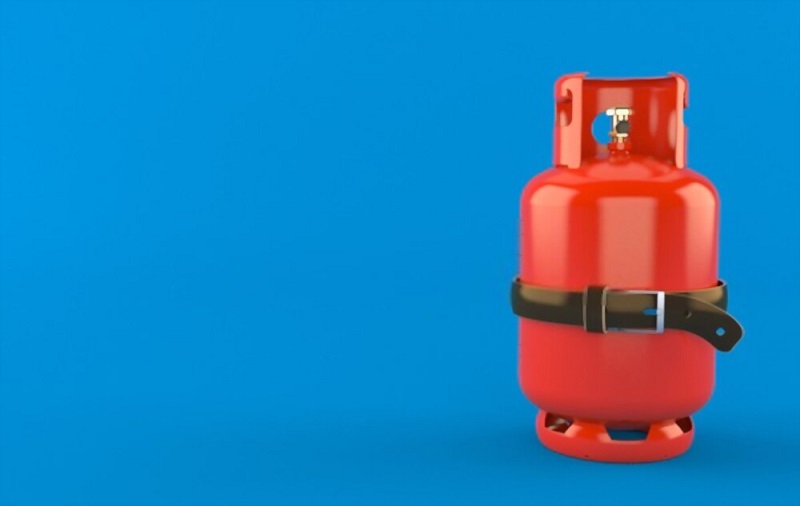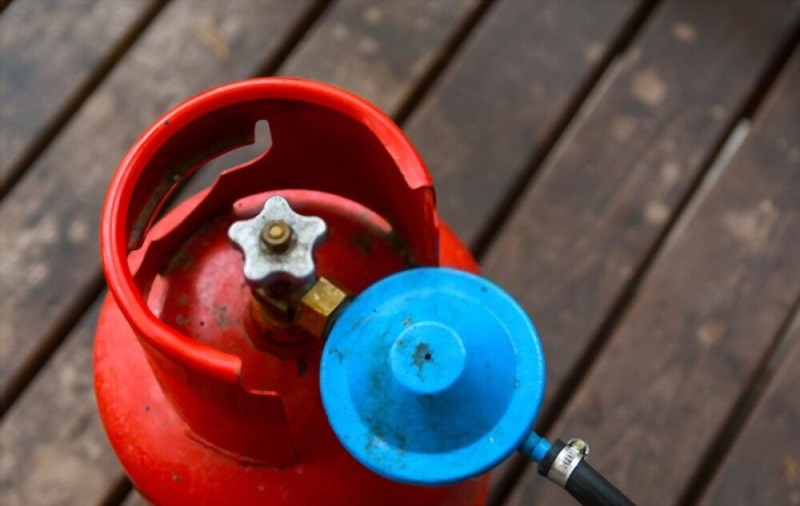Indian households make proper use of liquefied petroleum gas services which is rare to find in other countries. However, the LPG supply is getting limited with each passing day, due to the introduction of new underground gas supplies in various parts of the country which ensures a direct supply of LPG to the kitchen stoves. Though, it will take a little more time for the entire system to work directly utilizing the gas pipelines.
These LPG cylinders for domestic and commercial use need correct operation and maintenance with the correct information. You cannot rely on last-minute information when things are not in control. So if you have certain questions about handling the cylinders inside your house or a commercial setup, here are necessary guidelines and mistakes to avoid.

Guidelines To Follow While Buying Domestic Cylinder:
- You should book a cylinder only from the authorized distributors to get clean cooking gas at your house.
- Verify details mentioned on the cylinder like the date and make sure it is properly sealed with a safety cap when delivered to your place.
- Ask the delivery person to keep the domestic cylinder in an upright position and do not use it instantly as it might have been dragged or rolled.
- Let the gas settle down in the upright position for some time before you start using it.
- The area where the cylinder is stored should have enough ventilation.
- Get the regulator replaced by an authorized distributor to maintain the government safety standards.
- Only the authorized dealers would maintain the size of the regulator as directed by the government so trust them for further purchases.
- Follow the guidelines and safety norms explained at the time of purchasing the cylinder.

Here Are The Mistakes That You Can Avoid While Using a Domestic Cylinder:
- Exact level to fill the gas cylinder: The gas cylinders should not be filled to the brim as it might increase the chance of expansion and the risk of explosion. The authorized manufacturer will follow the guidelines issued by the government but make sure you get clarification for the same. People who think filling gas to the brim of the cylinder will increase the duration to last longer are mainly in misconception.
- Pressure increases if the cylinder rolls: Most of people tend to shake the cylinder when it does not have much LPG left for use. But you should never try doing it for the sake of your own safety standards. You should not forget that LPG is highly flammable and thus, shaking the cylinder will engrave the explosion risks only.
- Storage of gas cylinders: The best practice is to store the domestic cylinder in a well-ventilated place. When the cylinder is placed indoors, the risk to the residents and their property increases. So, avoid making this mistake by storing the gas cylinder outside the house. LPG has hazardous properties and teasing it or keeping it inside the house would only mean that you are inviting danger to your home. . It might have an unexpected leakage or fire ignition causing a massive explosion. A place outside the house where there is enough shade and ventilation should be selected.
Other guidelines during emergencies are:
- Stop getting panicked rather just close the regulator immediately.
- Improve ventilation instantly by opening doors and windows.
- Do not light an incense stick or lamp in an emergency.
- Cover the cylinder with the safety cap.
- Immediately, call the service helpline number for their emergency services.

In this way, using the cylinder for domestic or commercial purposes can be done safely. Some efforts from your end will secure your property and life as cooking gas is equally hazardous as other fuel gases. Children should not be allowed to use the stove without the supervision of an adult. Safety is a prime concern when using a domestic cylinder.
